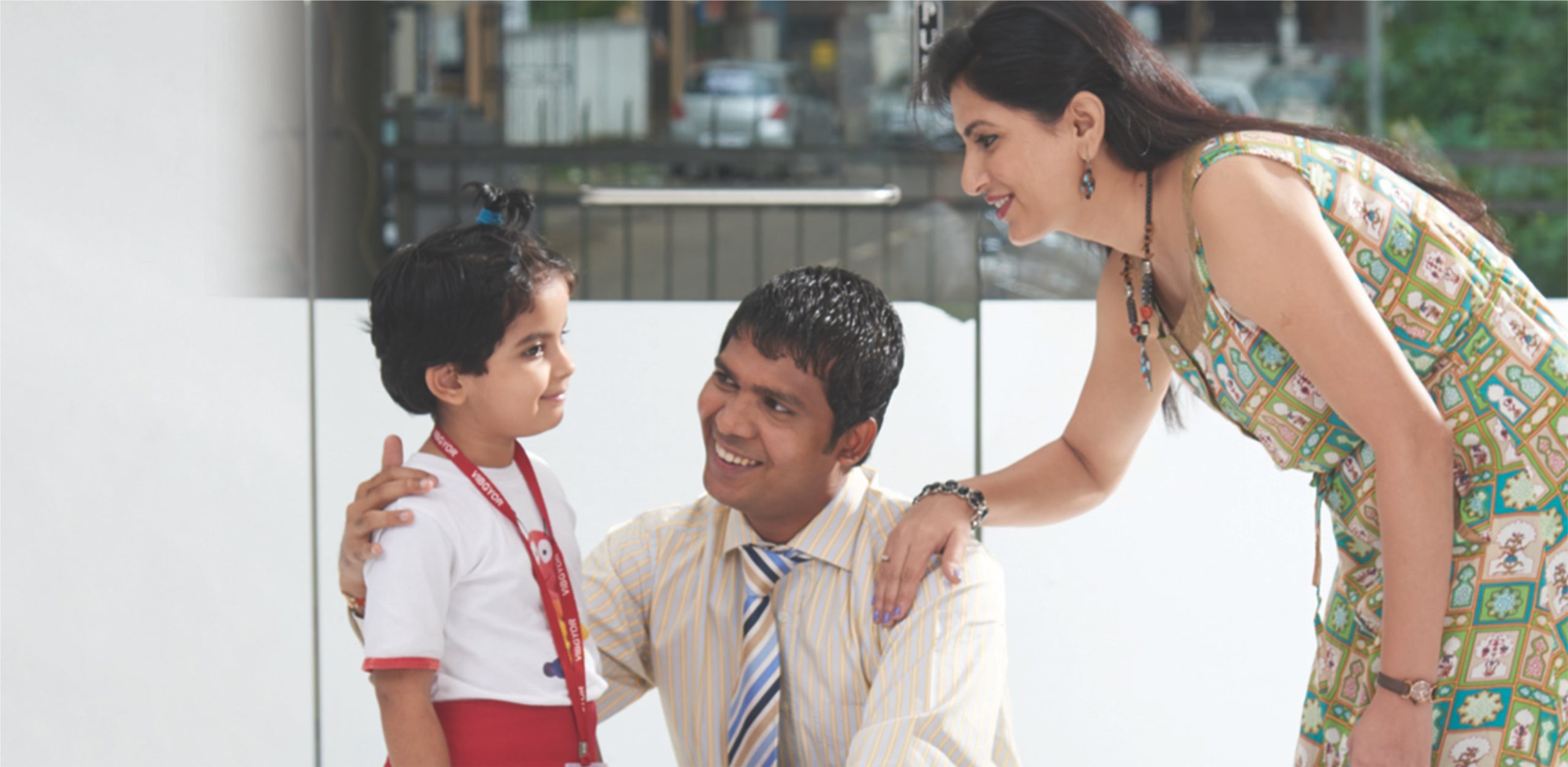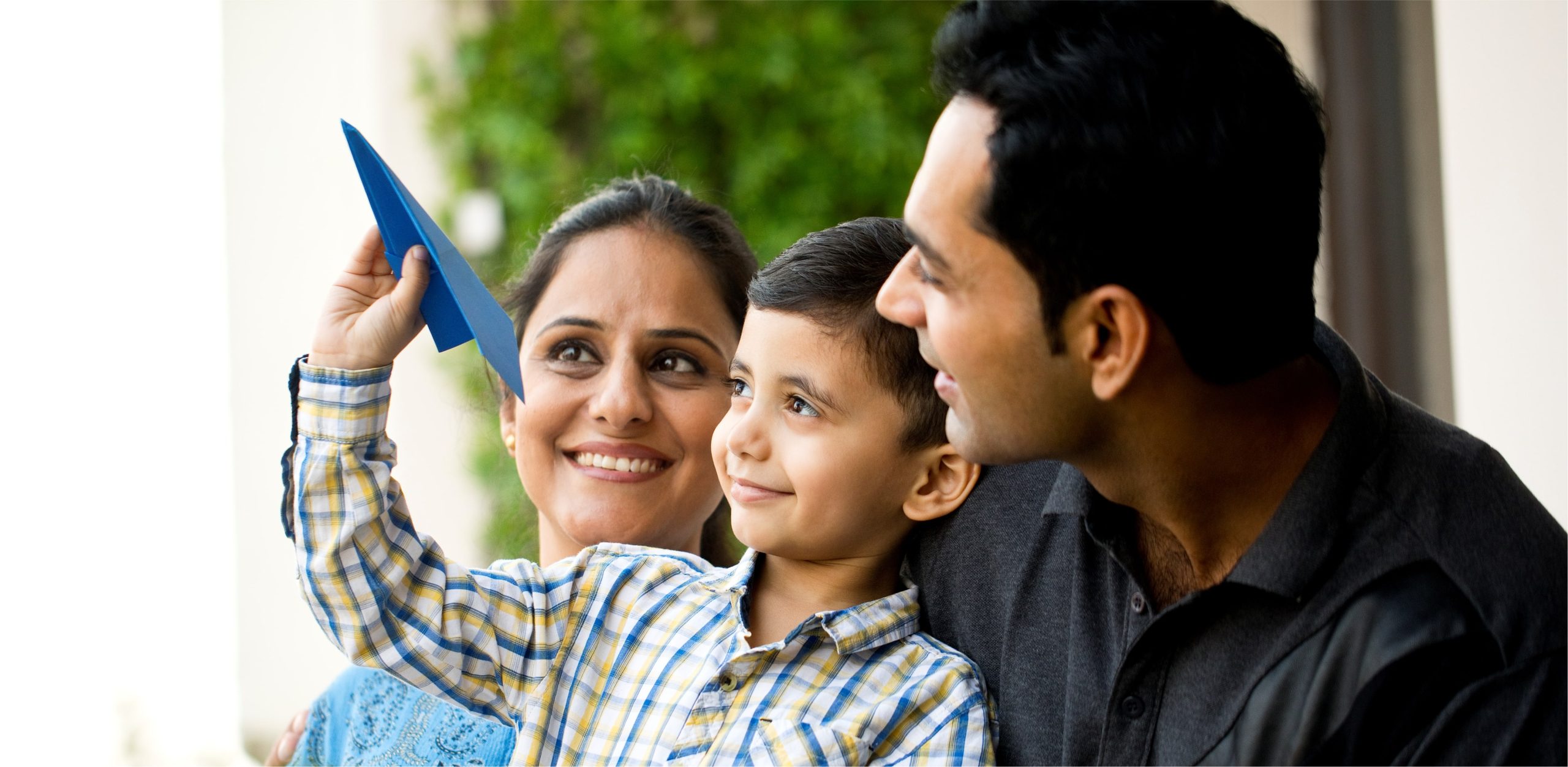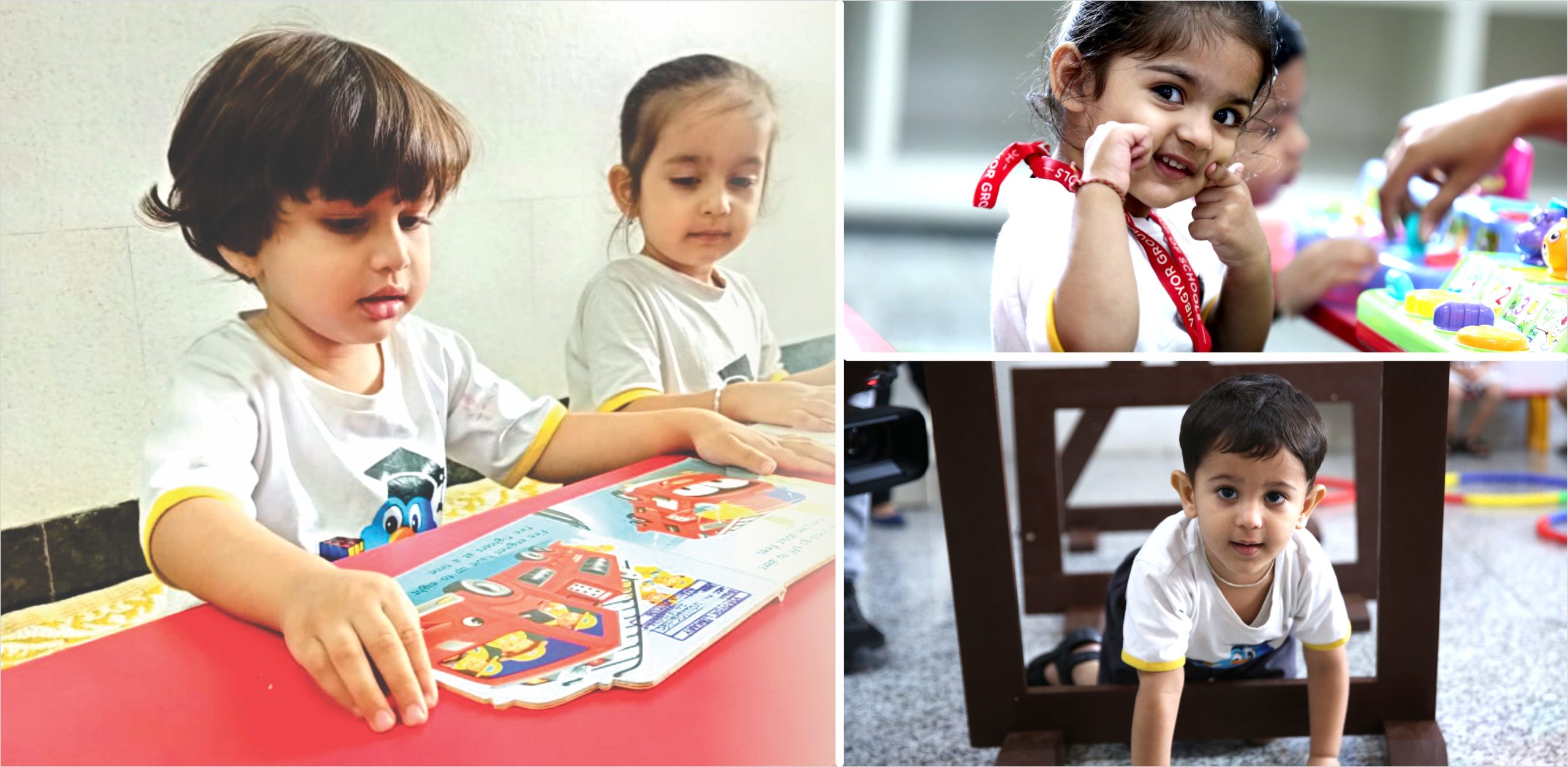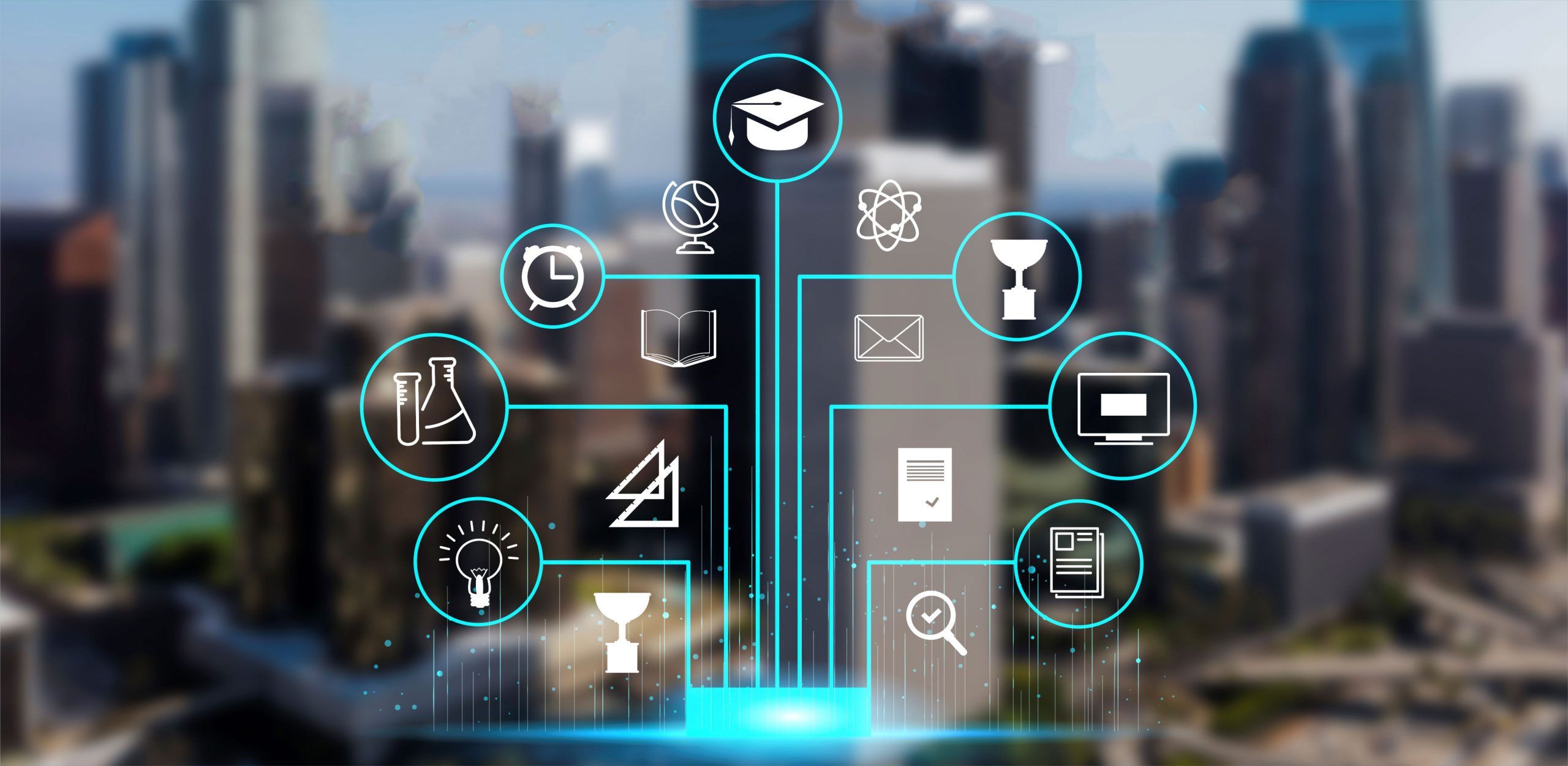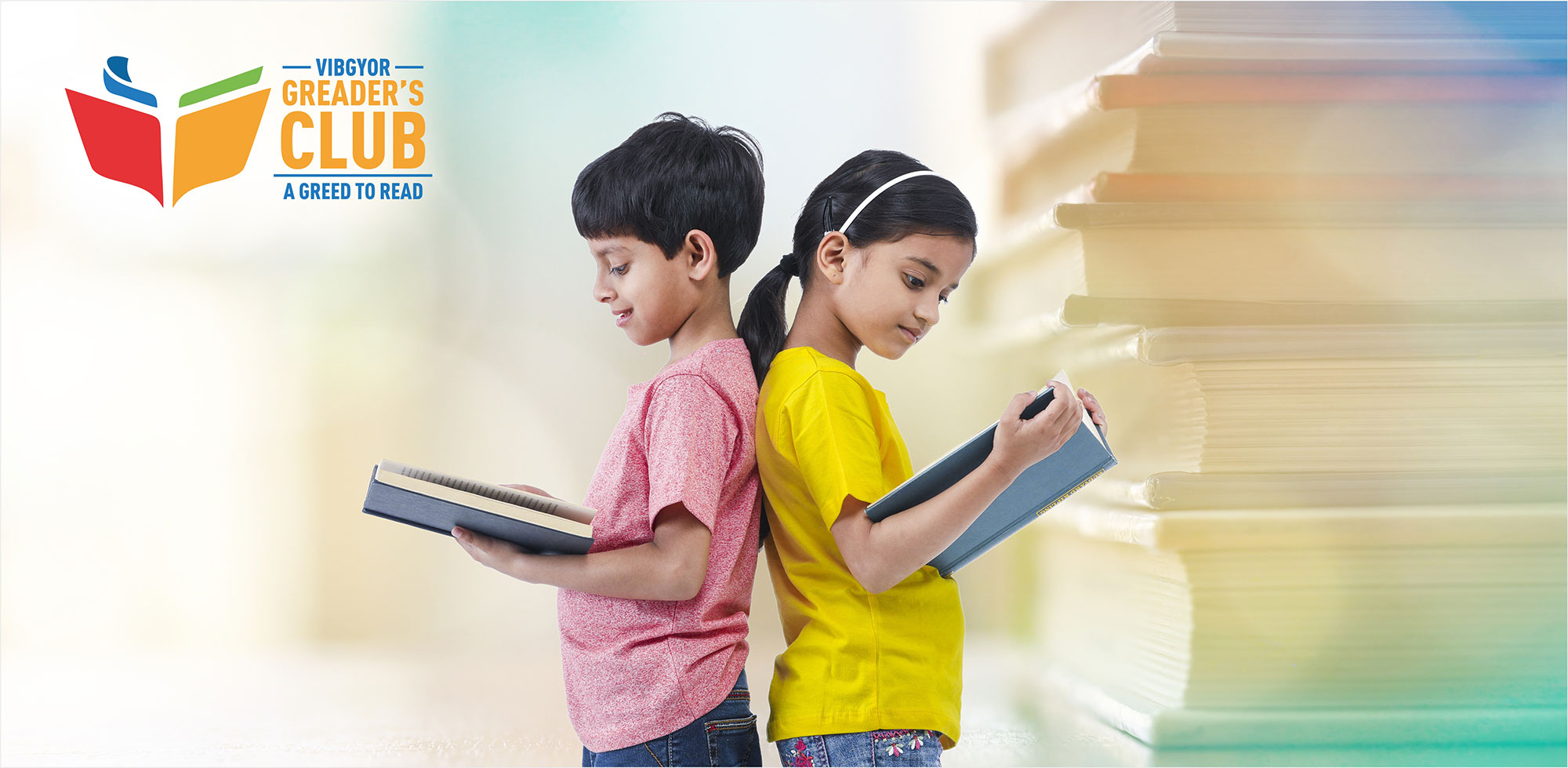![]()
Children are easily influenced by the words and actions of those around them. As parents, it is up to you to keep the conversations more free-flowing and enhance parent-child communication.
When you converse with your child as if they are the wisest and kindest ones, you not only nurture their self-esteem but also encourage them to see themselves through a lens of positivity, confidence, and compassion.
But, why are communication skills vital for children?
Parent-child relationship building is all about understanding a child’s perspective and truly connecting with them on a deeper level. By honing their communication skills, you empower them to thrive in a world where communication is key to success and fulfillment.
Even the ‘Parent-Child Communication: A Case Study of Teachers from a Romanian Life-Sciences University’ study suggests that the relationship between parents and children can be improved if parents do their best to communicate effectively. This allows the child to feel heard and understood.
So, here are some effective communication techniques to improve your dialogue with children:
Listen carefully
This involves affirming and accepting your child’s emotions. When you listen to your little ones, you show them that they are loved, and in turn, they too are motivated to communicate freely. Active listening skills require you to show intent, sit at their eye level to make them feel equal to you when they speak, and ask more questions to let them know that you are interested.
Be more expressive
Often, the unspoken cues speak louder than words, and your facial expressions convey a lot that is unsaid. A simple gesture like patting your child’s back on a job well done, a bear hug, or just your tone of voice can express how you feel or what you think about the topic at hand. The way you sit, stand, or hold your kid’s hand means more to them.
Speak with clarity
Converse with your child in a way that is concise, understandable, and makes them feel respected and loved. Being mindful of your words creates a supportive and loving environment for your child’s growth and development.
Inspire through action
You must lead by example as your child emulates your behaviour, attitude, and values. So, remember to always make thoughtful choices. Be kind with your words, honest in your actions, and a positive role model, significantly influencing your child’s development and character.
Foster empathy
Respecting your child’s thoughts is a powerful way to validate their experiences and opinions. By showing empathy, you teach your child the importance of considering others’ viewpoints, nurturing their ability to forge positive relationships, and interacting with kindness and consideration. Here are some ways to introduce empathy in your parenting style:
- Keep it open-ended: Instead of a ‘yes’ or ‘no’, open-ended questions allow your child to stay in control of the conversation and invite more meaningful discussions. Asking questions like, ‘What are you thinking about’ or ‘What do you think happened’, allows them to be more expressive and builds their social-emotional skills.
- Opt for reflective listening: Don’t just listen, show your child that you care. This way, your child trusts you more and knows that you are an active part of their conversation. Phrases like, ‘I’m sorry to hear that…’, ‘It sounds like…’ or ‘In other words…’, can help keep the conversation going.
- Acknowledge their emotions: When your child experiences a certain emotion, don’t negate it. Instead use responses like, ‘I’m sorry you are hurting, or ‘Are you worried about something?’. This validates their feelings and reassures them that it is natural to feel a range of emotions.
Family Bondings
In today’s digital age, prioritise healthy family communication by setting aside dedicated time for your little one. Spend quality time with them, fostering an environment that encourages effective family dialogue and connections. Improve family communication skills through:
- One-on-one time: Set aside specific time for your child, giving them every minute and opportunity to share their daily experiences and forging a stronger bond between the two of you.
- Spend time with family: Reserve specific days for cosy family dinners or game nights that offer enjoyment and facilitate meaningful conversations with your little one.
- Disconnect to reconnect: Create boundaries around your child’s and your screen time to make more time for each other, minimising distractions, and fostering unhindered interactions.
In addition to prioritising open communication, it is also important to be mindful of and steer clear of negative communication that can hamper your relationship with your child.
The Don’ts of Negative Communication
A ResearchGate review paper from March 2022, ‘Communication Problem and Conflicts in Parent-Child Relationship’, states that negative communication creates many psychological and social problems among children as well as parents.
So, be alert and aware, and correct these negative forms of communication if they arise.
Don’t dwell on the past
What’s done is in the past; once a conflict is resolved, refrain from revisiting past mistakes. Instead, support your child in moving forward with a clean slate.
Don’t criticise
While criticism involves judgment, correction serves as guidance. For example, instead of saying, ‘You are so messy’, tell them, ‘Leaving your toys scattered makes the room look untidy. Let’s put them away together.’
Don’t break the flow
Give your child the liberty to speak their mind and convey their thoughts. Interrupting them can make them feel discouraged and unwilling to share their feelings in the future.
Don’t lecture
Avoid lecturing as it can lead to your little one becoming defensive. Switch to some positive parenting strategies like asking them why they did what they did or helping them find solutions instead. Like many things in life, open communication is more about patience and practice, not perfection. As parents, you might inevitably make mistakes, but what improves parent-child communication and helps in building trust with children is your constant effort to communicate effectively with your kids from an early age.
Also check out our blog on Supporting Through Transitions: A Blueprint for Parents.
